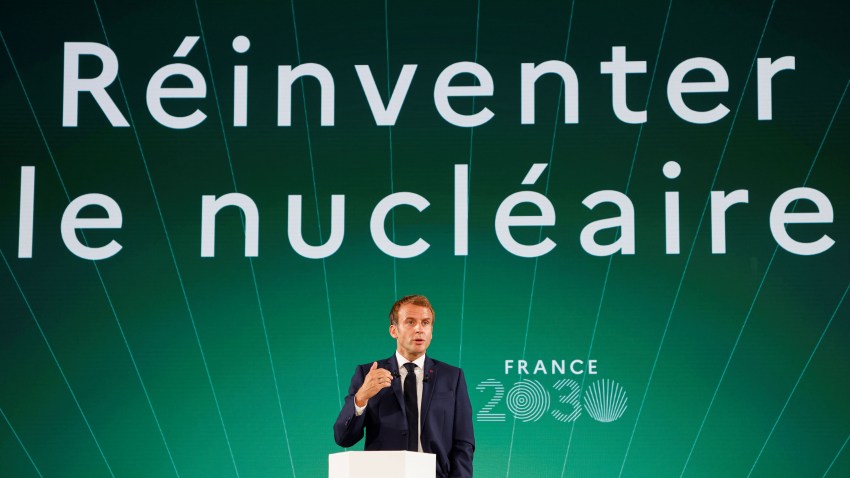The European Union’s member states are locked in some heated debates this week about Europe’s energy future. The discussions involve about 10 different pieces of legislation, but they center on one fundamental question: Should the EU be technologically neutral about how it meets its climate targets?
“Technological neutrality” is a phrase that industry lobbyists have pushed for years in Brussels when discussing climate legislation. It means the EU should focus on emission reduction targets, without favoring any particular technology for achieving them. But lately, it’s come to be adopted with just as much enthusiasm by EU leaders themselves.
At the end of last week’s summit of EU leaders in Brussels, for instance, French President Emmanuel Macron and German Chancellor Olaf Scholz were both extolling the virtues of technological neutrality in their final press conferences held at the same time in neighboring rooms. It was almost as if the phrase was echoing back and forth through the walls. But ironically, given its meaning, the phrase is seemingly only used by speakers who are in fact pushing an agenda for a specific green technology. For Macron, that’s nuclear power. And for Scholz, it’s internal combustion engines, or ICEs, that use synthetic fuels.

